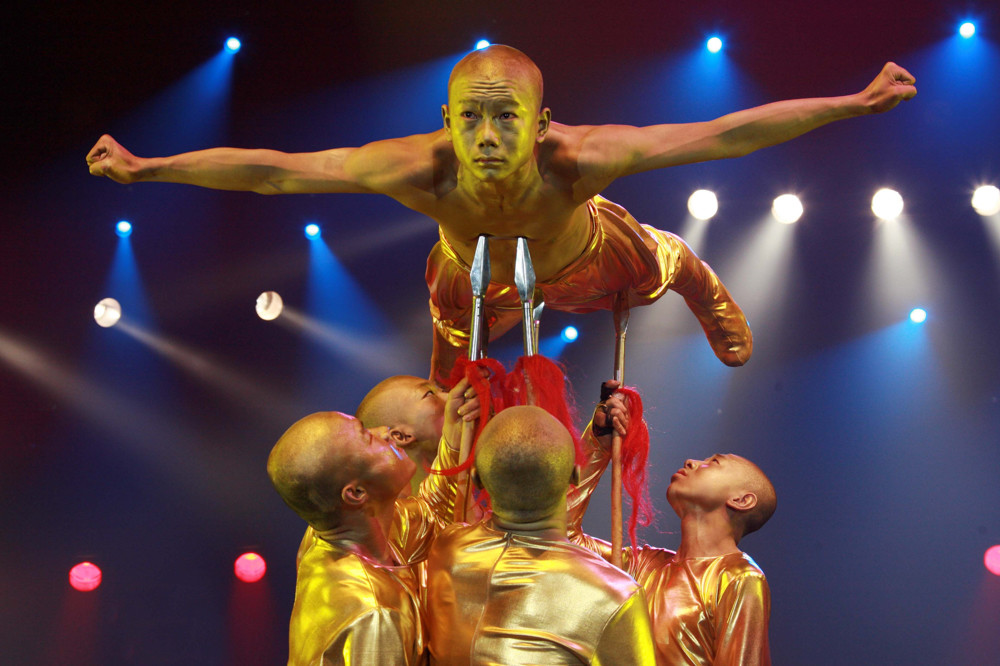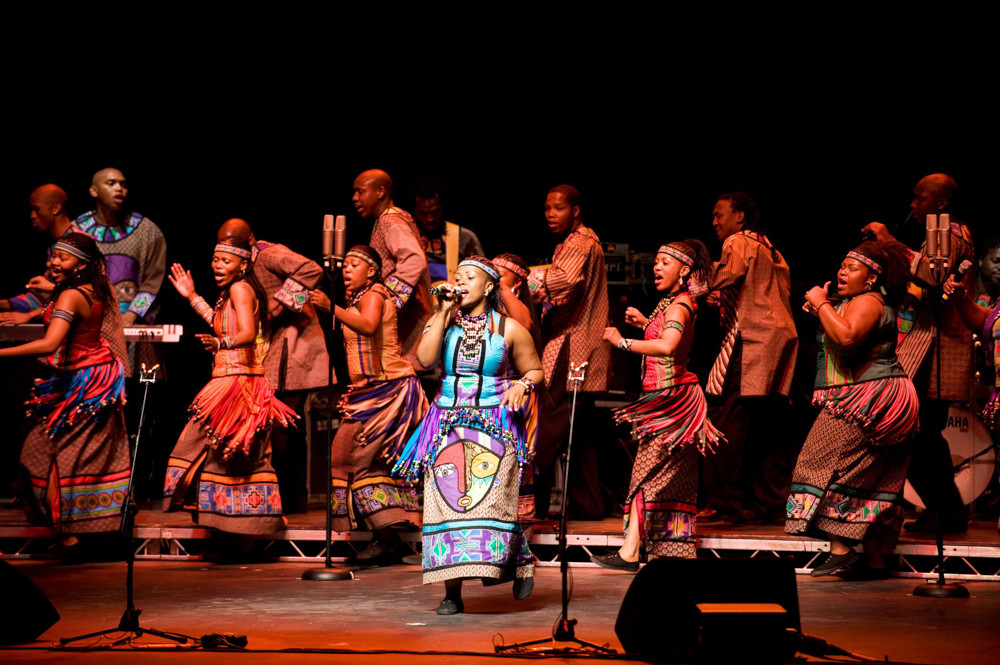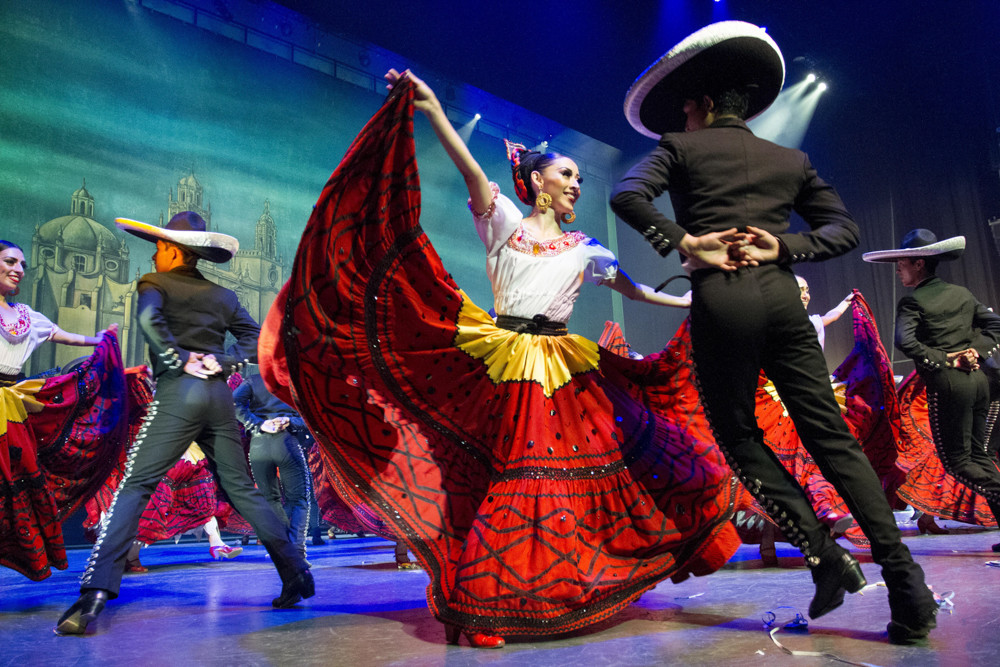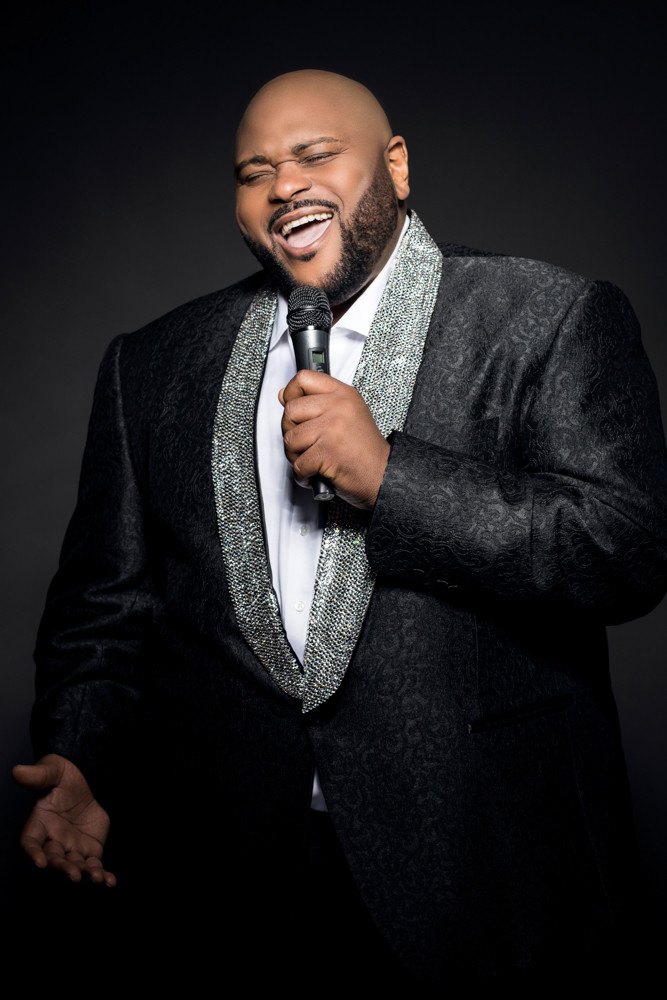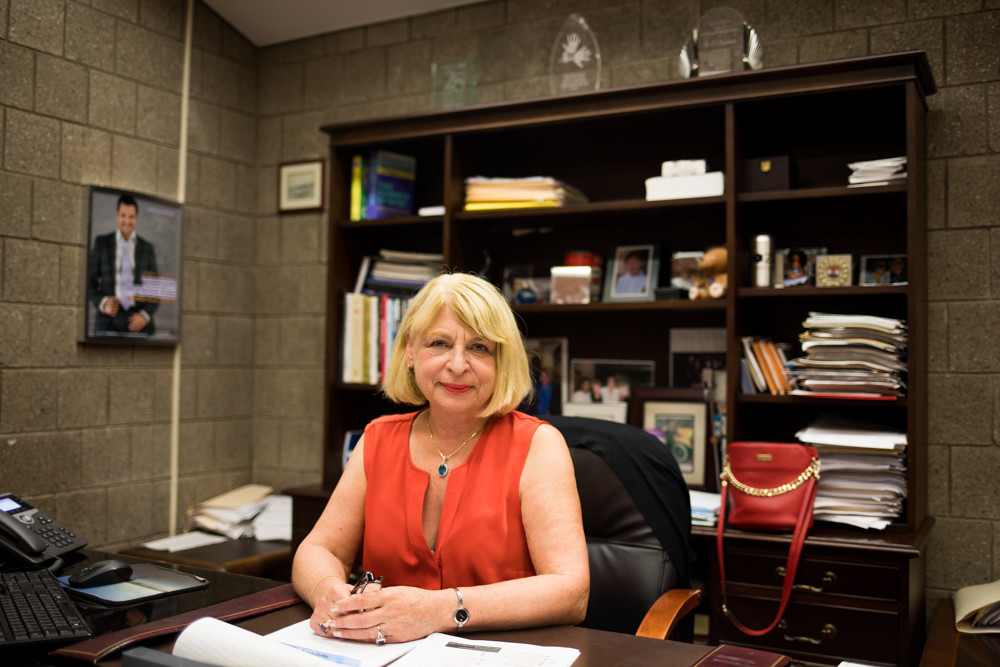Lehman Center’s latest offerings reflect the diverse cultures of the Bronx
Eva Bornstein had a dream she was going to be a ballerina.
It was just a week ago the executive director of the Lehman Center for the Performing Arts dreamt a ballerina got sick and a company manager insisted Bornstein step in to perform “Swan Lake.”
“In my dream, I was thinking, ‘How am I going to dance?’” Bornstein said. “‘I don’t know how to do this. I’m going to make a complete idiot out of myself.’”
As Bornstein pleaded with the company manager, she finally came to a decision.
“I said, ‘I’ll do it because the show must go on,’” she said. “Fortunately, I woke up. Thank God.”
Bornstein’s dream is simply a testament to the many hats she wears to run the day-to-day operations at the Lehman Center for the Performing Arts. This month marks the start of the center’s 38th season of multicultural music and dance featuring such familiar faces as “American Idol” winner Ruben Studdard, and dance companies like the Ballet Folklórico de México.
Kick-off
The season kicks off with a Sept. 22 performance from the Mambo Legends Orchestra and Gilberto Santa Rosa, who will pay tribute to the palladium era of mambo music. The “palladium” refers to the Palladium Ballroom that existed in New York City from the late 1940s until 1966, where Latin music stars like Tito Puente thrived.
Bornstein said she’s especially proud of this season because of the variety of performers she was able to book. The process to curate an entire season begins two to three years ahead of an ongoing one.
“It’s a slow process,” Bornstein said. “If something really gets me excited, I feel that the audience will be excited as well.”
The center also announced it’s extending its partnership with Goya Foods, allowing the company to sponsor shows throughout the entire season.
For Bornstein, it’s a chance to reflect on the Lehman Center’s Latino series and how it’s grown since she first joined as executive director more than a decade ago. Since Bornstein grew up in Poland, she was unfamiliar with Latino music and recognized she had a lot of work to do in order to cater to a predominately Hispanic audience.
“These artists were very rarely performed in that part of the world,” she said, “so I had to really learn who these people are.”
It took a lot of research over the years, but Bornstein can confidently say she’s learned “who’s who in the Latino world.”
Unfamiliar choices
Bornstein also is committed to exposing her audience to more than just the things they’re familiar with in order to give them a well-rounded cultural experience.
“You need to always expand your horizons,” she said. “And this is why I very often (tell) my audience, ‘Don’t just come to salsa. There (are) more cultural offerings. Try to learn about other cultures.’”
Since encouraging her audiences to diversify the shows they go to, Bornstein has noticed there have been more Latino faces at different multicultural performances.
Her encouragement also is an opportunity to give audiences an excuse not to have to travel to Manhattan for a similar show they can go to right in their own borough.
“We try to keep all of our cultural shows, especially, very affordable to our audience because I feel very strongly that our mission is to enrich our audience culturally and to also educate them,” Bornstein said.
And in that time, Bornstein has become a familiar face to regular patrons.
“They think I’m sort of a celebrity of some kind,” she said. “I was shocked because normally you want a picture with an artist. You don’t want a picture with an executive director necessarily because I don’t perform. I just speak to them.”
Center’s new look
As Bornstein continues her mission to bring audiences the best cultural offerings out there, she and Lehman College are trying to do the same aesthetically. Last November, the college began renovating the center with more than $15 million in funding in order to do things like improve seats inside the theater, expand the lobby, and make the area more accessible for people with disabilities.
Renovations will be complete by next spring.
When it all comes down to it, Bornstein sees the Lehman Center for the Performing Arts as a community center where people can gather and experience culture with their peers, something that she can’t see being accomplished in virtual spaces.
“We can’t just be sitting at home watching TV, or just using social media,” she said. “We need to be connected. We need to have some kind of encounter with each other we don’t become weird. We need that.”

